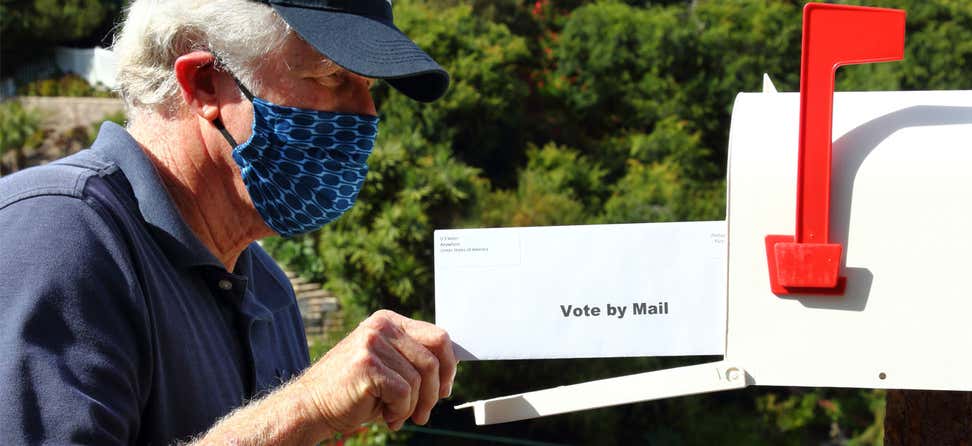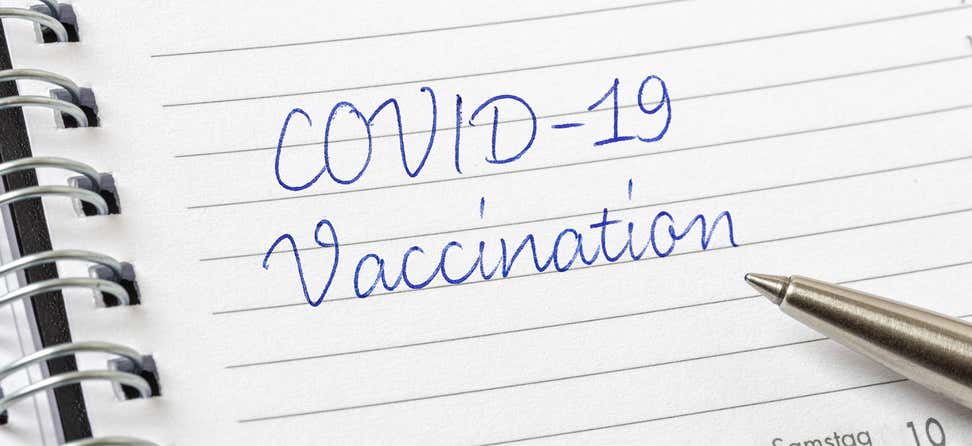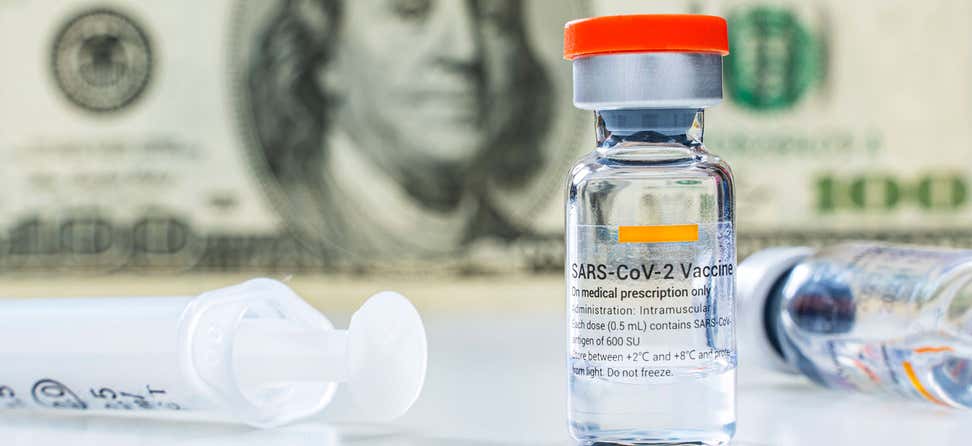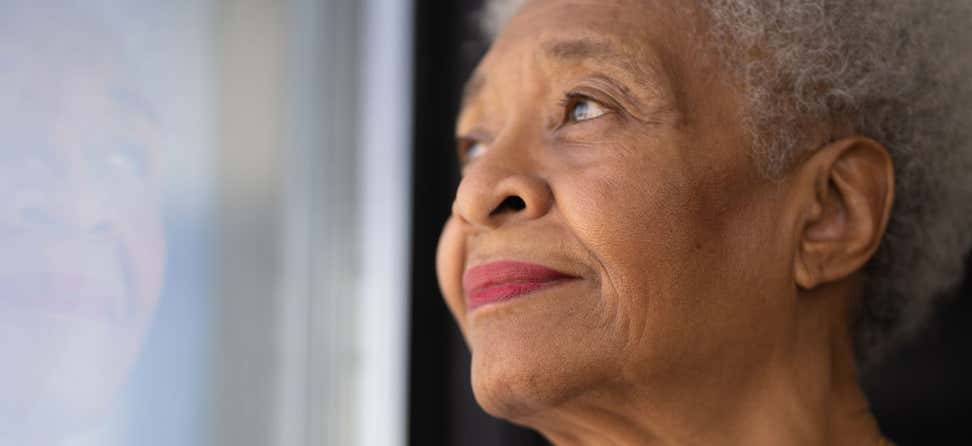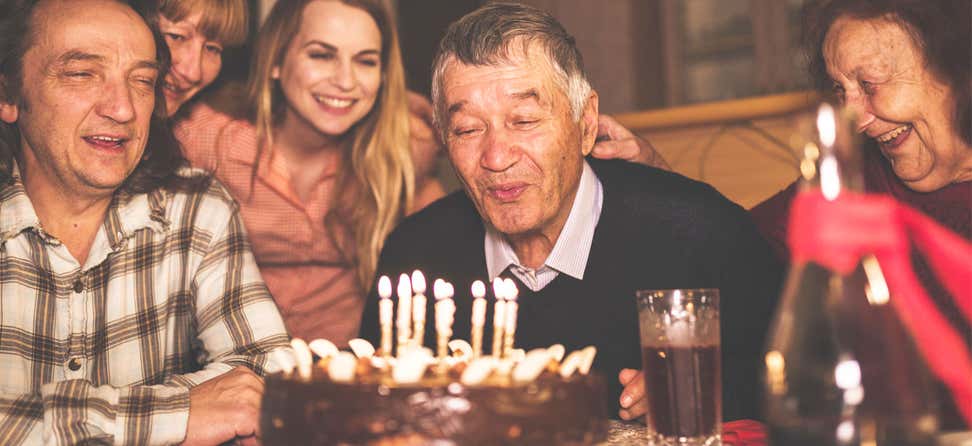Key Takeaways
The 2020 election poses a unique challenge, thanks to the pandemic. Chances are good that the voting rules in your state have shifted.
NCOA is partnering with We Can Vote to provide important safety information to older voters across the country.
The safe voting tips are also available in Spanish.
If you’re like most older Americans, you’ve been a lifelong voter. But the 2020 election poses a unique challenge, thanks to the pandemic.
Chances are good that the voting rules in your state have shifted this year. And if you’re at risk for contracting COVID-19, it’s especially important to know your options and how to vote in a healthy and safe way.
NCOA is partnering with We Can Vote to provide this important information to older adults across the country. The website HealthyVoting.org includes state-by-state guides created by public health and elections experts. The information will keep you updated through Election Day as deadlines come and go for mail, early, and Election Day voting. The site also is available in Spanish.
As you make your voting plans, here are some important things to keep in mind.
By Mail
The good news is that most voters will be able to cast ballots by mail this year. From a public health perspective, voting absentee or by mail is a straightforward way to avoid contracting or spreading COVID-19. While you still might need to visit a ballot drop box or voting center to deliver your ballot, mail voting minimizes contact with other people and helps election administrators reduce crowding at voting sites.
In Person
Many voters still prefer to cast their ballots in person, rely on language assistance, or need in-person voting assistance because of a disability. Early voting and voting in-person on Election Day will remain popular options this year, but early voting is usually less crowded. As with mail voting, if more people vote early, we can help reduce crowds on Election Day, which can protect other voters and election workers.
COVID-19 Precautions
Voters should follow instructions when heading out to drop off their ballot or check in at a polling location, but they can also simply remember to follow the best practices public health officials have identified for other activities: wearing a mask, practicing physical distancing, and washing hands with soap or hand sanitizer.
Public health experts are also advising voters who are sick or worried they might have been exposed to COVID-19 to contact their local elections office. They may have options like casting an emergency absentee ballot or meeting an election worker outside a polling location to do curbside voting from their car.
America has held elections in the middle of the Civil War, both World Wars, and the flu pandemic of 1918. Doing our civic duty this year doesn’t just mean voting; it means protecting our health and the health of our neighbors.


